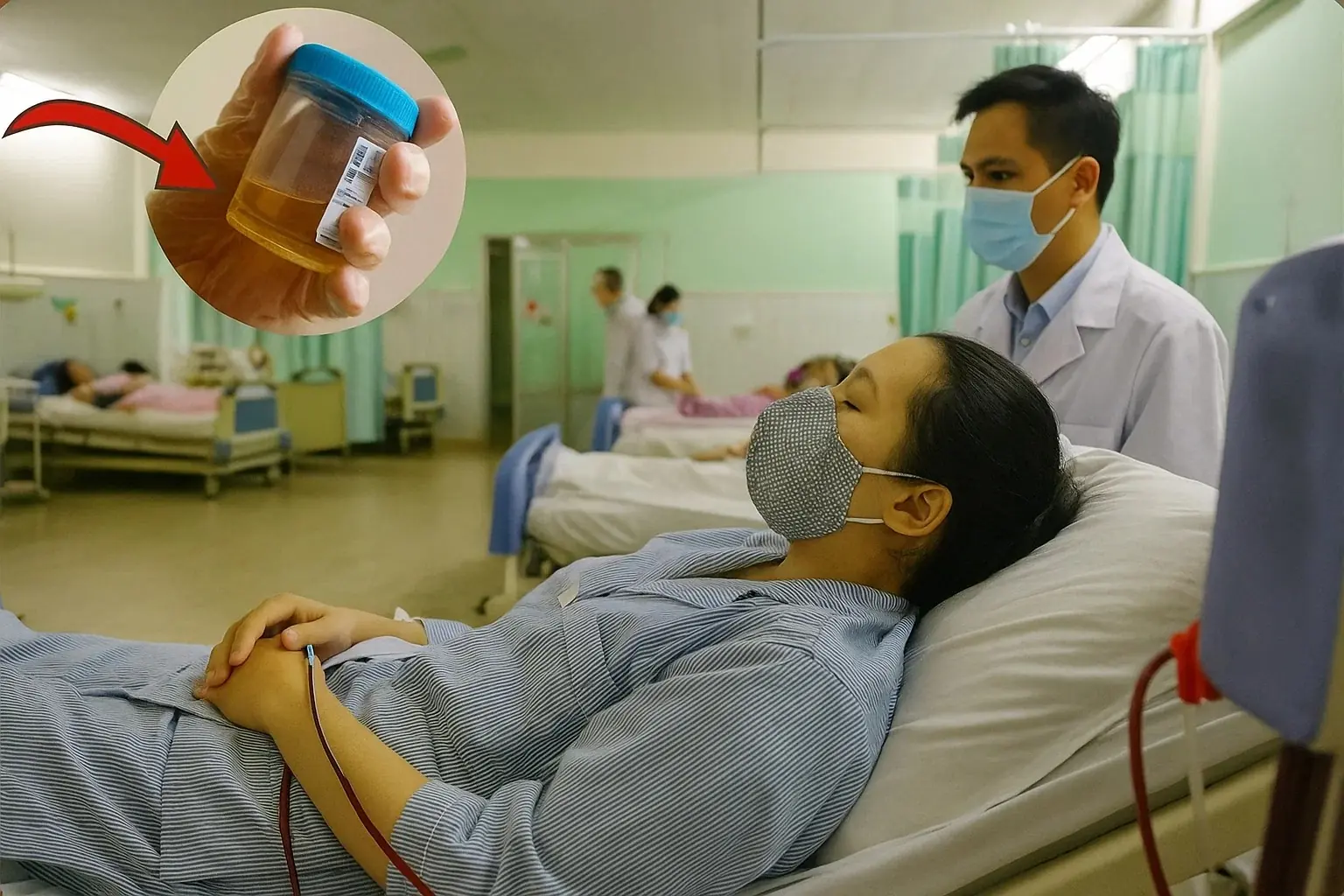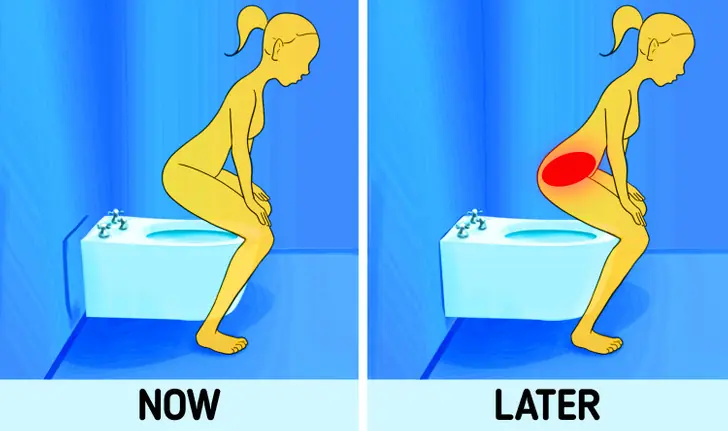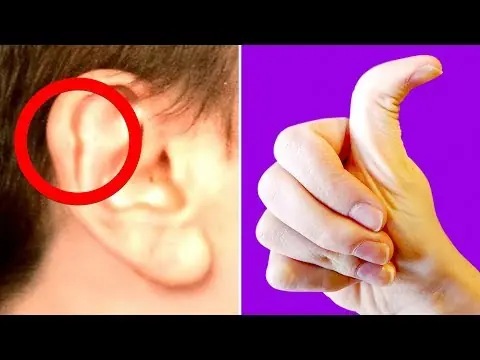Protecting your kidneys is about more than preserving the urinary system—it is about safeguarding your energy, your heart, and your long-term health.
Your body often whispers before it screams, and the kidneys are no exception. Changes in urine—especially first thing in the morning—can serve as early red flags that something may be wrong, urging you to seek medical advice before complications set in.

- Colorless Morning Urine – A Warning That Kidneys May Not Be Concentrating Properly
Under normal conditions, after a long night of fasting and no fluid intake, the first urine of a healthy person is typically dark yellow. This happens because the kidneys concentrate the urine overnight, conserving water while removing waste.
However, if you regularly notice that your morning urine is completely clear and colorless, this may no longer be a benign finding. Persistently colorless urine suggests that the kidneys are failing to concentrate urine as they should. In some cases, it may point toward conditions such as diabetes insipidus or damage to the renal tubules, which reduces their ability to reabsorb water.
If left unaddressed, this imbalance can lead to dehydration, electrolyte disturbances, and gradual kidney function decline. That is why experts recommend that anyone experiencing clear morning urine for many days in a row should undergo a kidney function evaluation promptly to rule out underlying issues.
- Foamy or Bubbly Urine in the Morning – A Sign of Protein Leakage
Another symptom that deserves attention is the presence of foam or bubbles in urine, especially if they are abundant and do not disappear quickly. While a few bubbles caused by the speed of urination are considered normal, persistent or excessive foam is a potential signal of kidney damage.
This phenomenon, known in medicine as proteinuria, occurs when the kidney’s filtering system—particularly the glomerular membrane—becomes damaged and allows protein molecules to escape into the urine.

Protein leakage is far from harmless. Without timely detection and treatment, it can silently erode kidney function over time, eventually leading to complications such as swelling, high blood pressure, and chronic kidney disease. Physicians typically advise patients with persistent foamy urine to undergo a 24-hour urine protein test to determine the extent of protein loss and to identify the most appropriate treatment strategy.
- Frequent Nighttime Urination in Young Adults – An Overlooked Red Flag
Waking up once during the night to urinate may be common in older adults, as aging naturally reduces the kidney’s ability to concentrate urine at night. But in younger individuals, the picture is different. If you are under 40 and find yourself waking more than twice per night to urinate—without drinking excessive fluids in the evening or taking diuretic medication—this could be an early marker of kidney or hormonal dysfunction.
Possible underlying causes include early-stage kidney impairment, diabetes, bladder disorders, urinary tract infections, or tubular damage within the kidneys themselves. If this symptom persists for many days and disrupts sleep quality, consulting a nephrologist or urologist is essential for diagnosis and timely intervention.
Why These Signs Matter
The kidneys play a vital role in filtering blood, balancing electrolytes, and eliminating toxins, yet they are often called the “silent organs” because damage develops slowly and with few early symptoms. Urine, however, acts like a mirror, reflecting subtle changes in kidney health long before advanced disease sets in.
That is why paying close attention to everyday details—like color, clarity, bubbles, and nighttime frequency—can make the difference between early detection and delayed treatment.
If you experience clear morning urine, persistent foam in urine, or frequent nighttime urination at a young age, do not dismiss these signs as trivial. Seeking medical evaluation early could protect not only your kidney health but also your overall well-being and quality of life.


































